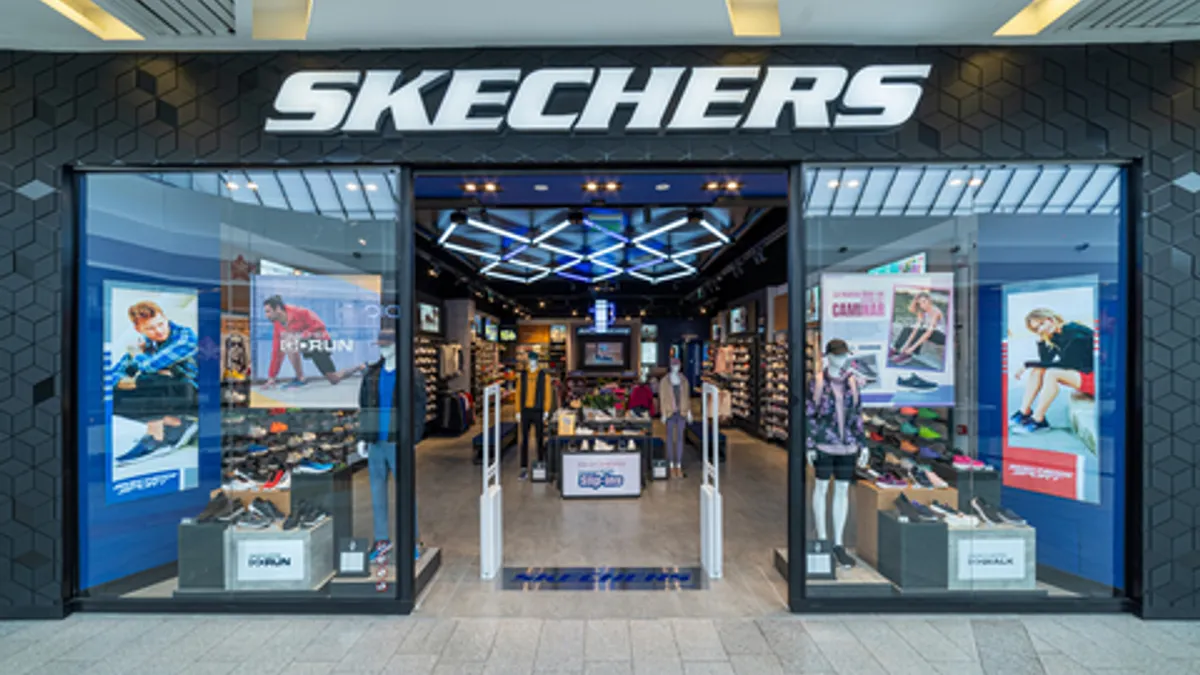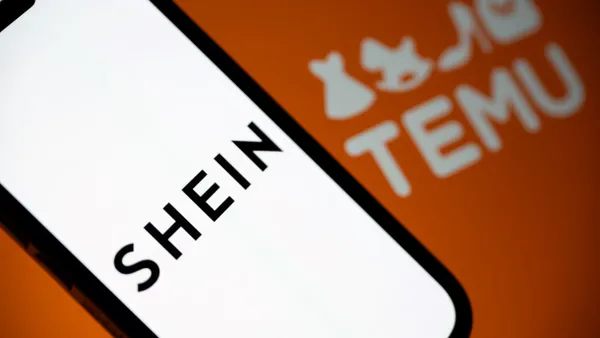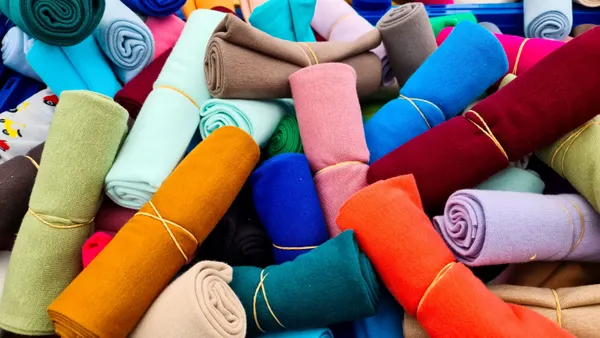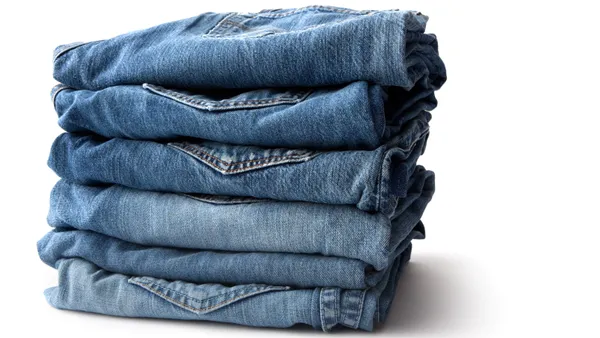Dive Brief:
- Skechers supplier Dongguan Oasis Shoes was added to a list of companies suspected of using forced labor from the Xinjiang Uyghur Autonomous Region, according to a a June 12 notice from the Department of Homeland Security.
- The shoe material maker joins frozen seafood supplier Shandong Meijia Group and aluminum and graphite vendor Xinjiang Shenhuo Coal and Electricity as the latest companies to be added to the register of vendors now barred from importing goods into the U.S.
- Skechers said it is aware of the recent announcement but doesn’t expect the inclusion of Dongguan Oasis Shoes on the Uyghur Forced Labor Prevention Act list to have a “material impact” on its business, a spokesperson told Fashion Dive sister publication Supply Chain Dive in an email.
Dive Insight:
Skechers has been linked with using forced labor from the Xinjiang Uyghur Autonomous Region before, despite claiming a strictly maintained supplier code of conduct that governs its factories.
A report published in February 2020 by the Australian Strategic Policy Institute alleged that the Chinese government transferred members of the Uyghur ethnic group to factories under suggested forced labor conditions — including the factory of Skechers supplier Dong Guan Luzhou Shoes. According to the DHS notice, Dongguan Luzhou Shoes also operates as Dongguan Oasis Shoes.
Upon the review of the ASPI report, Skechers said it contacted senior management at Luzhou prior to conducting two additional audits of the factory — none of which revealed any indications of forced labor. Luzhou, however, did confirm that members of the Uyghur ethnic group did comprise a portion of its workforce but were employed under compliant terms and conditions.
Skechers performs scheduled and unannounced factory audits to ensure forced labor compliance as part of upholding its supplier code of conduct, according to its website. The shoe maker claims that it has not encountered incidents of forced labor, but said that any encounters or violations would prompt factories to implement a corrective action plan prior to being audited again.
The UFLPA Entity List is a consolidated register of distinct lists that aim to help maintain the Uyghur Forced Labor Prevention Act.
The Department of Homeland Security has been cracking down on firms suspected of using forced labor from the Xinjiang Uyghur Autonomous Region — with modern slavery being a persistent and complex issue plaguing supply chains.
BMW Group was recently accused of shipping at least 8,000 Mini Coopers to the U.S. that used components from a Xinjiang region-based supplier banned for presumed forced labor practices. Meanwhile, ultra-fast fashion giant Shein continues to battle forced labor allegations, and in 2023 was accused of using cotton sourced from China’s Xinjiang Uygur Autonomous Region.













